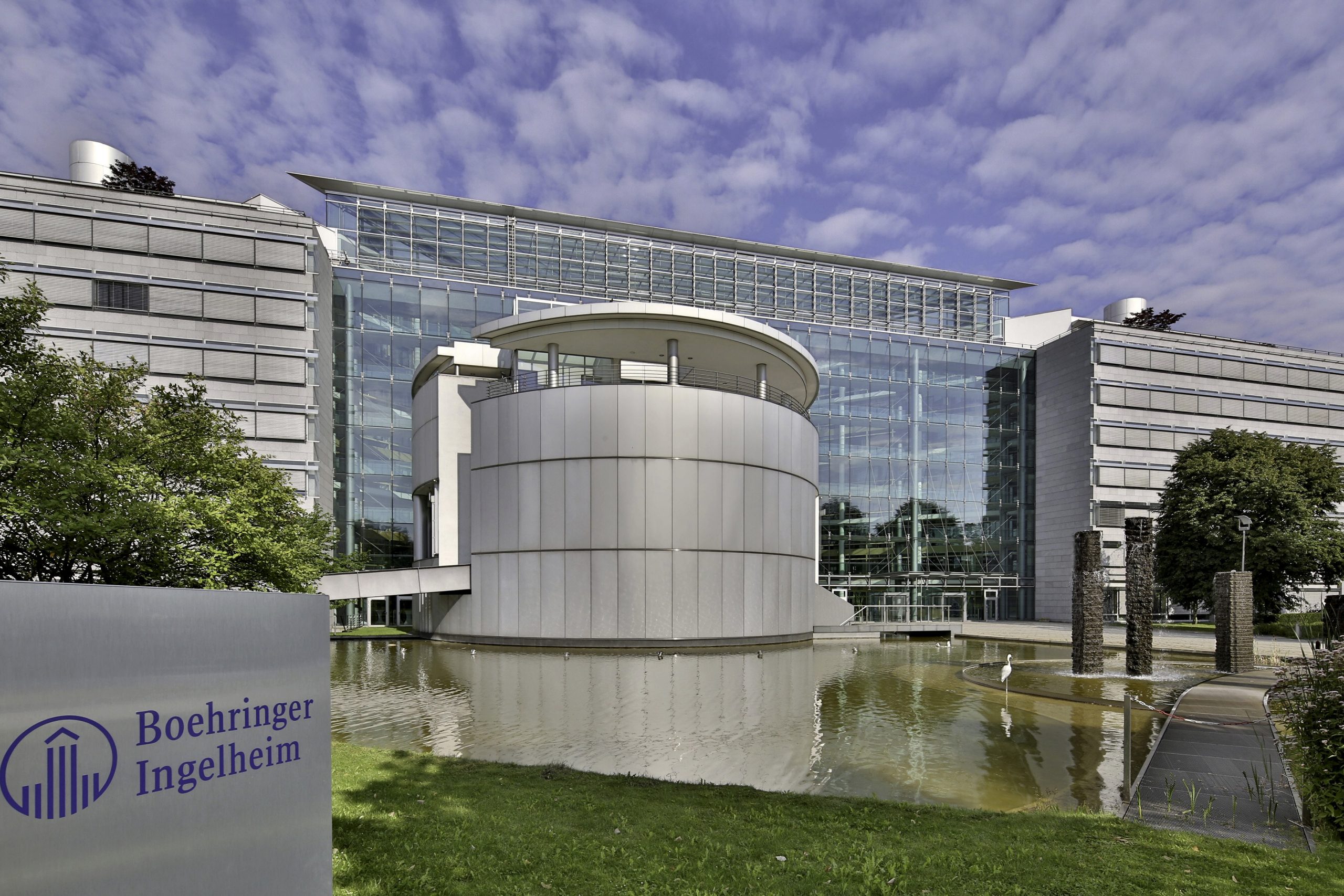BI to trial SIRP drug with in-house PD-1 inhibitor

Boehringer Ingelheim has revealed further details about its plans for a new kind of cancer immunotherapy licensed in from biotech OSE Therapeutics at the beginning of last month, saying it plans to start combination trials with its own checkpoint inhibitor next year.
Following its results announcement and R&D briefing last month, a BI spokesperson confirmed that the German pharma wants to combine OSE-172, with its own unapproved anti PD-1 drug, BI 754091.
OSE-172 blocks the SIRP-alpha myeloid-cell inhibitory receptor, and a spokesperson said that based on pre-clinical data there is a “strong rationale” for a combination therapy involving the two drugs.
The spokesperson added: “First in human studies of OSE-172 are planned to begin in early 2019. The primary goal is determination of drug safety and dose, both as monotherapy and in combination with PD-1 inhibition. As a secondary goal, biomarker and clinical data will be collected to enable further understanding of the drug’s activity in the human clinical setting.”
OSE-172 works along a different pathway than the checkpoint inhibitors currently on the market, such as Merck & Co’s Keytruda (pembrolizumab).
The drug works by preventing the ligand CD47 from binding to and triggering the cellular inhibitory effects of SIRP-alpha expressed on certain kinds of white blood cell.
Cancer cells often express high levels of CD47 – known as a ‘don’t eat me’ signal – which binds to the white blood cells expressing SIRP-alpha and instructs them to leave the tumour alone.
The hope is that OSE-172 will disrupt this pathway and allow the attack from myeloid-derived suppressor cells and tumour associated macrophages in clinical trials in patients with advanced solid tumours.
In the proposed combination therapy Boehringer’s PD-1 drug would also call in an attack from T-cells, a two-pronged assault that could in theory be more effective than the immunotherapies already on the market.
There are also similar combinations under development - Roche and biotech Forty Seven are developing a similar CD47/PD-L1 combination and South Korean biotech ImmuneOncia is also exploring combinations of anti-CD47 and PD-1 and PD-L1 drugs.
And by developing its own PD-1 drug the German company hopes to avoid striking expensive deals with the likes of Bristol-Myers Squibb and Merck to develop combinations with marketed checkpoint inhibitors such Opdivo and Keytruda.
Of course the risk is that BI 754091 is unapproved and lacks the wealth of clinical trial data supporting Opdivo and Keytruda in a range of cancers.
BI did not say whether it plans combinations with approved therapies should BI 754091 prove ineffective or unsafe in trials.
Under the deal with Paris-based OSE, BI has global rights to develop, file and market OSE-172. It paid 15 million euros upfront, and short term milestone payments including 15 million euros at the start of the first phase 1 clinical trial.
OSE could receive up to 1.1 billion euros ($1.4 billion) in development, marketing and sales milestones, plus royalties on worldwide net sales.












